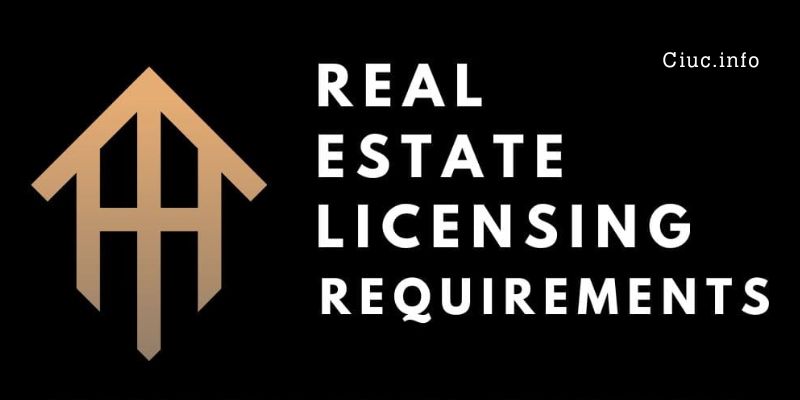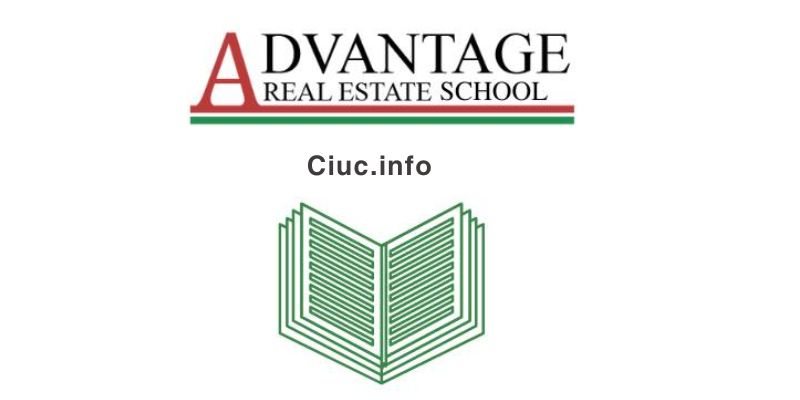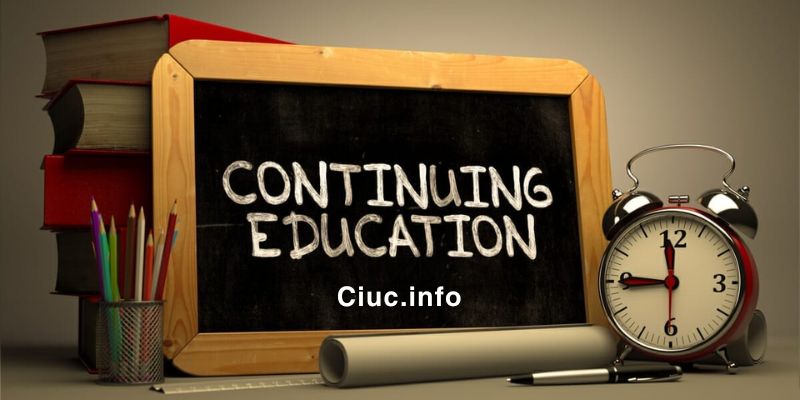In the dynamic world of real estate, the question often arises: “Do you need college for real estate?” This query reflects the evolving landscape of professional requirements and opportunities within the industry. While a college degree is not universally mandatory, the path to success in real estate involves a nuanced consideration of education, experience, and personal aspirations.
The Changing Face of Real Estate Education
“Do you need college for real estate?” is a question that has taken on new significance as the real estate profession continues to adapt to contemporary demands. Traditionally, formal education was not a prerequisite for entering the field, with practical experience and networking playing pivotal roles in establishing a successful career. However, the landscape is evolving, and the emphasis on education is gaining momentum.
Real Estate Licensing Requirements
The journey to becoming a real estate professional typically involves obtaining a license. Licensing requirements vary by location, but many regions, such as the United States, have a standardized process. “Do you need college for real estate licensing?” is a crucial question for those considering a career in this field.

In the United States, aspiring real estate agents are generally required to complete a set number of pre-licensing courses, covering topics such as real estate law, contracts, and property management. Following the coursework, individuals must pass a licensing exam to demonstrate their understanding of the material. Notably, these requirements do not explicitly demand a college degree.
Practical Experience and Networking
While “do you need college for real estate licensing” is an essential question, it’s equally crucial to recognize the significance of practical experience and networking in the industry. Real estate is a field that thrives on interpersonal connections and hands-on knowledge. Many successful professionals attribute their achievements more to practical experience than formal education.
Building a network within the real estate community can open doors to opportunities, mentorship, and valuable insights. Attending industry events, joining local real estate associations, and establishing connections with seasoned professionals are effective ways to navigate the complex and dynamic real estate landscape.
The Role of Specialized Training
In the pursuit of a real estate career, the question extends beyond the necessity of a college degree to the value of specialized training. Various institutions offer courses and certifications tailored to the real estate industry, covering topics such as property valuation, investment analysis, and marketing strategies. These programs can provide a focused and practical education that complements the requirements for licensing.
The College Advantage
While “do you need college for real estate licensing” is often answered with a no, the advantages of a college education in this field should not be overlooked. A college degree can offer a more comprehensive understanding of business, finance, and related fields, which are integral to a successful real estate career. Moreover, it equips individuals with critical thinking and analytical skills that can be applied to various aspects of the industry.

Some individuals choose to pursue degrees in fields closely related to real estate, such as business administration, finance, urban planning, or economics. These disciplines provide a broader knowledge base, enabling professionals to navigate the complexities of real estate transactions, investment analysis, and market trends.
Navigating the Regulatory Landscape
“Do you need college for real estate?” is a multifaceted question that extends beyond the licensing process. Regulatory bodies overseeing the real estate industry may have diverse requirements, and some roles within the field may demand specific educational qualifications. For instance, real estate appraisers in the United States often need a college degree, along with additional specialized training and certification.
The Global Perspective
The question of education in real estate is not confined to a single country or region. Internationally, real estate practices and educational requirements can vary significantly. Some countries may have stringent educational prerequisites, while others prioritize practical experience and industry-specific training.
Striking a Balance
In the ongoing debate surrounding “do you need college for real estate,” it’s essential to recognize that success in the industry is not solely determined by formal education or lack thereof. A balanced approach that combines education, practical experience, and networking is often the key to a thriving real estate career.
Continuing Education in Real Estate
The real estate industry is dynamic, with regulations, market trends, and technologies evolving continuously. As such, the pursuit of knowledge does not end with the acquisition of a license or a degree. Continuing education is essential for real estate professionals to stay abreast of industry developments, legal changes, and emerging opportunities.

Many professionals choose to engage in ongoing education through workshops, seminars, and advanced certifications. This commitment to learning not only enhances one’s knowledge but also demonstrates a dedication to providing clients with the most current and relevant information.
Conclusion: Do You Need College for Real Estate?
The question of “do you need college for real estate” is complex and multifaceted. While a college degree is not a strict requirement for entering the real estate industry, it can offer distinct advantages in terms of knowledge, skills, and opportunities. However, practical experience, networking, and specialized training remain crucial elements in building a successful career.
Ultimately, individuals aspiring to enter the real estate profession should carefully consider their goals, the specific requirements in their region, and their personal preferences. Whether through formal education or alternative pathways, a commitment to ongoing learning and professional growth is the hallmark of a successful and resilient real estate professional.
